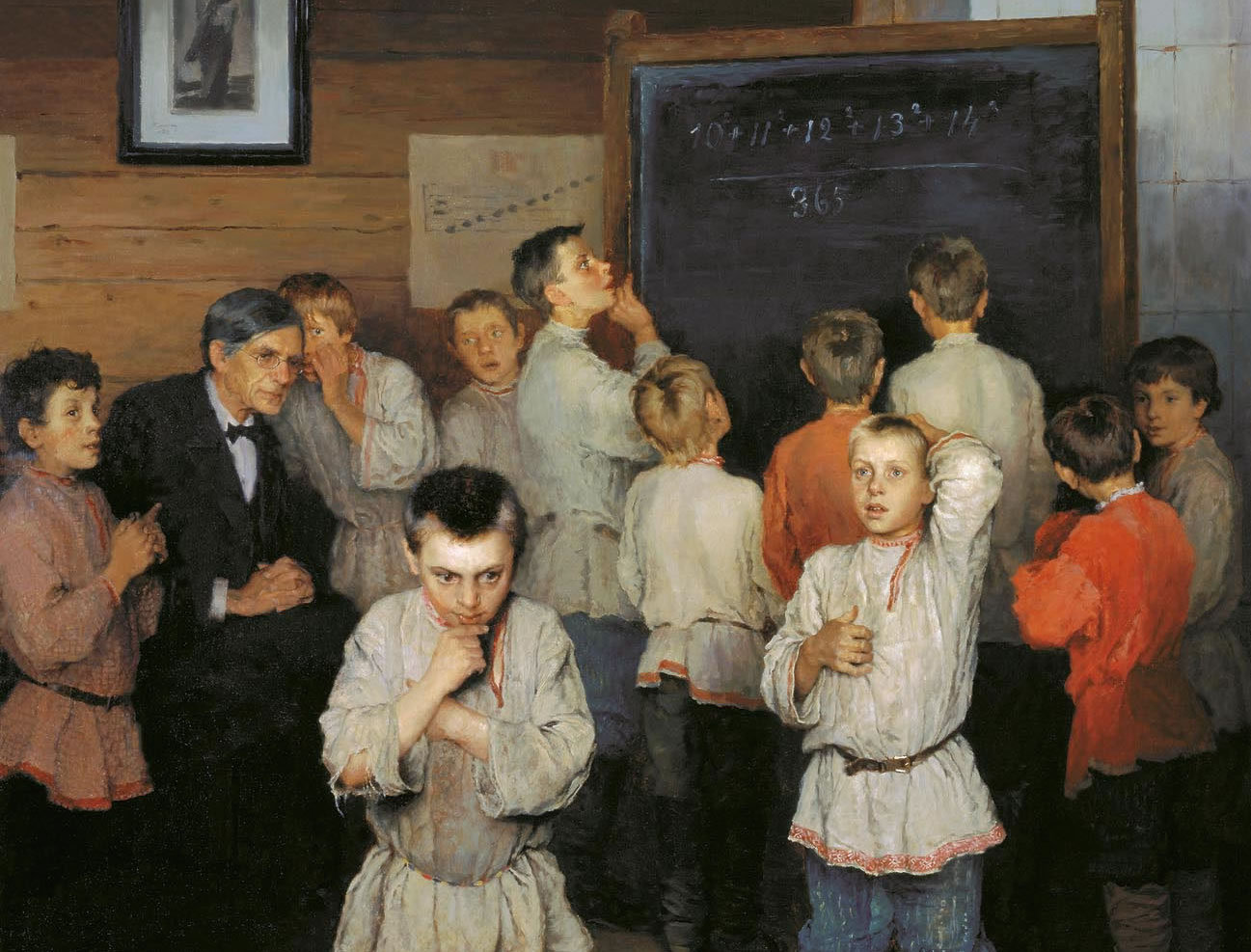US Education System: High School Grades 9-12 - What and How Do They Teach? Part 2

In the first part, we discussed primary education in the USA, primary and secondary schools.
This note applies to high school, i.e., graduation grades 9 to 12, when the student forms his specialization and decides whether to continue his further education and in which direction.
The meaning of these articles is to share their observations about the US educational system, based on the experience gained by my children, to express their thoughts.
Item selection strategy

For example, in our district there is a detailed list explaining the purpose of each class and what strategy is best to choose for training.
In short, it all comes down to money, schooling in the USA is free, getting further education often costs significant amounts and therefore, while studying at school, you can take university-level courses, thereby saving money and time on education. A college year on average here in California costs about 20 thousand dollars.
Thus, a motivated student has a very serious opportunity to graduate from school and also receive two years of higher education. I had to meet quite often in IT people who, having two years of college, felt quite fine in the labor market. Most of my friends were forced to graduate by the age of forty, because they decided to leave the profession of a programmer and grow up the career ladder.
The second motivating moment is not unimportant - to take more classes at the university level, based on the policies of universities, which students they would like to see within their walls. Also, for each class of the university level, an extra one is added to the secondary school ball. Those. the price of such a course is one unit higher. Students who have taken university courses may receive an average score higher than four (the highest grade in a US school is 4). It is also worth noting that the average mark is seriously taken into account by universities when entering along with federal exams, as well as with personal achievements in various fields.
What and how they teach and what skills they want to develop in the student.
Literature
The literature focuses on understanding the work and why the author chose this topic and what technique the author uses to express his thoughts in the work. I must say this is a very strong level of university education. Here is an incomplete list of literature my son read for grades 9-10:
Animal Farm and 1984 Ourell
Kill a Mockingbird Lee
Romeo and Juliet and A Midsummer Night's Dream Shakespeare
's Iliad Homer
On the Western Front Without Change »Remark
" Lord of the Flies "Golding
" The Old Man and the Sea "Hemengway
" Greek Mythology "
I personally liked one moment in the discussion of Remarque's work - a description of the beating of Sergeant Himelstos, in fact, Remarque devoted the entire third chapter to this act of retaliation. So, the teacher was crucifying a whole lesson, explaining to the whole class not only the moral and philosophical aspect of what was happening, which was aptly described in the work by Katchinsky’s phrase
You see, if you train a dog to eat potatoes, and then put a piece of meat in it, then she will still grab the meat, because it is in her blood. And if you give a person a piece of power, it will be the same with him: he will seize on it.
and also what writing technique the author uses to keep the reader in suspense, telling about the dynamics of group violence against the hated sergeant.
Mathematics The

trend towards developing skills for calculating is clearly visible. The same matanalysis in high school can be studied for three years, two of which are at the university level. Just the picture of the end of the 19th century by Nikolai Petrovich Bogdanov-Belsky “Oral Count” perfectly characterizes the state of mathematics in the USA, although the tasks are not always as original as in a rural school of the Russian Empire.
In high school, much attention is paid to most university-level courses, even the listing is impressive - algebra, trigonometry, matanalysis, statistics.
Unfortunately, the geometry developed back in the Soviet school easily “puts” a graduate of the US high school, since alas they do not teach to understand the basic mathematical principles of the necessary and sufficient.
Programming
Two years of study a second year specialization in the Java language at least so in our school.
Science
Quite a diverse set from advanced chemistry to biotechnology with serious laboratories. A separate trend in physics from classical mechanics to engineering is apparently something like a compromise.
History
Starting from grade 10, you can take advanced classes in history. Classes are considered very complex. This is the real level of the university of the historical faculty or the candidate’s minimum. If someone passed it, he remembers everything is not sick there. History is usually taken by those who want to specialize in jurisprudence and are simply fans of history.
It can be conditionally divided into basic directions like the history of Europe, the USA and World history, then comes the economy and macroeconomics, and even the Government and Politics for the slaughter.
Tribunals over historical figures are very popular in historical classes this year. The son had a tribunal over Louis 14 and Stalin. When the history of the United States passes, they often discuss a nuclear attack on Japan and violence against civilians during the US civil war in the town of Antens, Alabama, which began with the legendary phrase of General Ivan Vasilievich Turchaninov, "I shut my eyes for two hours."
Physical education
From the first year of study in grade 10 inclusively every day one physical education lesson. There is not much variety - usually running and outdoor games: volleyball, basketball, if there are tennis courts, if the pool is swimming or a water polo (this is what my children have at school).
Starting from high school, and in some schools and from secondary, you can also engage in the sports section at the school. Usually it looks like two hours every weekday, that is, five times a week and every Saturday, and sometimes Sunday, regional competitions. Quite tiring for parents, but the approach fully justifies itself for a couple of years of such activities, children look very athletic.
Conclusion
I believe that it is quite difficult to describe everything in detail, I just wanted to convey the general approach. In my opinion, the school adheres to the Voltaire principle of dividing “into smart and not-so”, while everyone is given a chance to prove themselves in any field, whether it be science / literature or sports achievements. In practice, it looks like there is someone who decides not to graduate from the 12th grade, then they just go to work. Often you can see in the job application so that the applicant has a diploma of graduation, that is, the school diploma is highly rated.
My former colleague once told an interesting story on this subject. In the mid-90s, he and the boys created a well-known company in dot com circles and at some point he was forced to drop out of school and in a few years became a millionaire, bought a house and a BMW of the latest model. Serious investors came and “they with the boys” lost control of the company and found out that they were fired and their shares were diluted to cents.
So he told me my parents were not a bit upset and said, “Well, finally you will finish school.” Our conversation took place after ten years of its ruin, he finished school and BMW was still in excellent condition.
